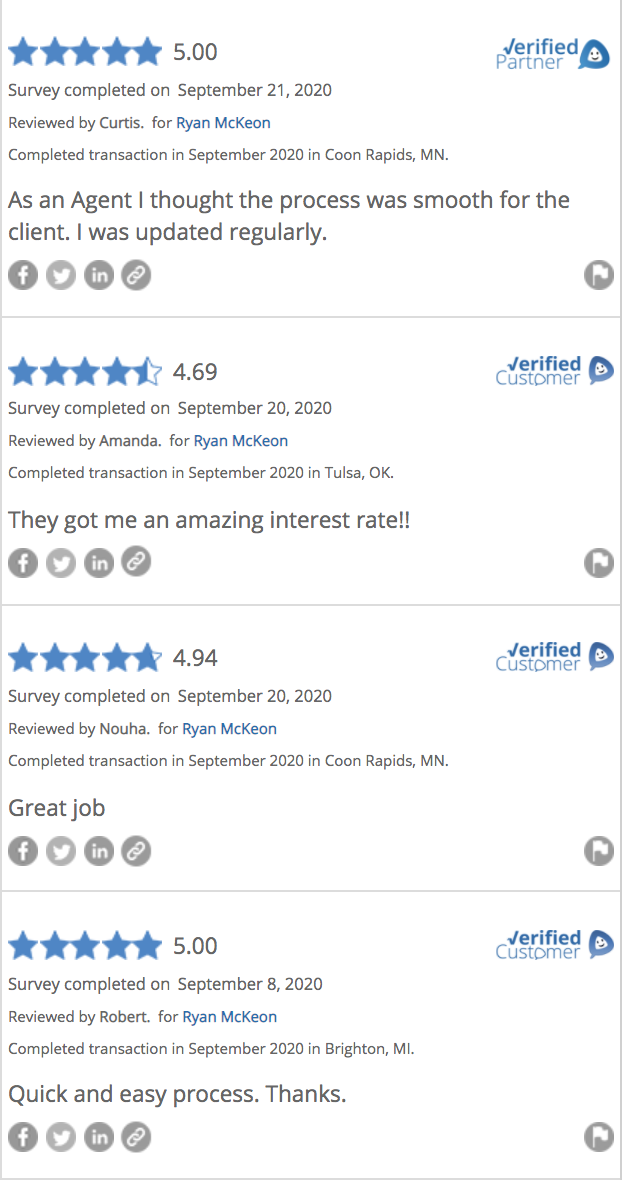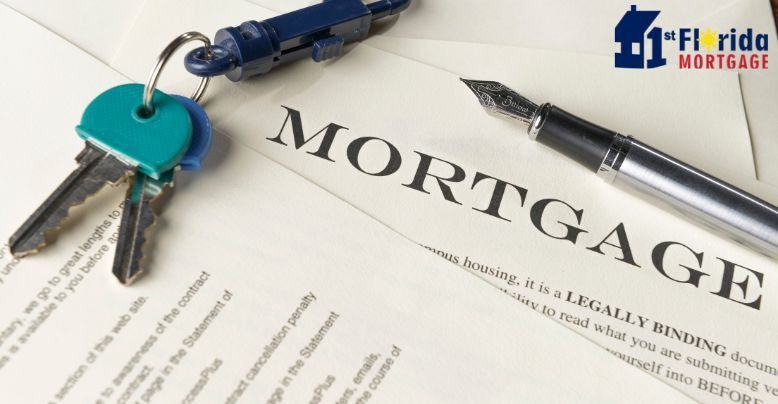You may have decided the master suite was exactly what you wanted, but do the windows leak? When you choose to purchase a home in Florida, you’re also potentially buying any problems lurking in the walls, the foundation, the crawl space, or the attic. The home inspection is the best way to negotiate repairs or a reduced price with the seller, or you can choose to walk away. In this article, we’ll talk about why home inspections are necessary.
What does a Home Inspector do?
A certified home inspector will conduct an inspection of the general condition of the home. An inspection assists you in understanding exactly what they are about to acquire. As a buyer, a home purchase is a significant investment, so it’s important to know what you are purchasing. Conducting an inspection, by a certified professional, should be compared to taking out an insurance policy. Yes, you receive a seller’s disclosure, but there may be issues the seller isn’t even aware of. Home inspections may often reveal problems with a home that could be pricey to fix.
There are different types of home inspection you may want completed before the purchase of a home. First and most importantly, you want a general or residential inspection performed on the structure. A home may look move-in ready, but an inspector will cover features of the house such as the roofing, electrical, plumbing, HVAC, insulation, and ventilation, as well as structural features of the home—and may unveil issues that are not readily noticeable. Once the inspection is completed, the home inspector will generally provide the buyer with a report suggesting any improvements or repairs deemed necessary to bring the home up to current standards.
Home Inspection Checklist
Home inspection reports won’t describe the condition of every component if it’s in excellent shape but should note defective items or those needing service. A typical home inspection checklist should identify problems like the ones listed below.
Serious Issues:
- Health and safety issues (within reason)
- Roofs with a short life expectancy
- Furnace / AC malfunctions
- Foundation deficiencies
- Moisture / drainage issues
How to prepare for a professional inspection
- Foundation: Look at the base of the walls and the ceilings in each room. Are there obvious cracks or apparent shifts in the foundation? Do the same around the outside. Are there any trees encroaching on the foundation?
- Lot: Does the drainage appear to be away from the house? Are there any obvious soggy areas?
- Roof: What is the overall condition? When was it last replaced?
- Exterior: Does the house look like it will need repairs or repainting soon? Are gutters and downspouts firmly attached? Are there loose boards or dangling wires? Is there asbestos in the exterior material, which would require added costs if it needed to be repaired or replaced?
- Attic: How does the interior of the roof structure look? Are there any signs of leaks?
- Interior evidence of leaks: Check ceilings and around windows in each room.
- Basement/Crawlspace: Is there dampness? Adequate insulation?
- Electrical: Do the switches work? Are there any obvious malfunctions? Have the outlets been grounded? Is the panel updated and expandable for additional appliances or a potential remodel?
- Plumbing: Any unusual noises or malfunctions? Has the sewer line been scoped to check for potential cracks?
- Appliances: If these are included, what is the age and condition of the stove, dishwasher or refrigerator?
- Heating/cooling system: Does it seem to do the job? How old is the furnace? If the system has been converted, are the old systems or tanks still in place?
- Odor: Does the home smell? Can you detect what it might be and whether it could be fixed? Beware of musty odors which could signal a wet basement.
A typical home inspection does not include the following:
- Asbestos
- Radon, methane, radiation, carbon monoxide and formaldehyde
- Wood-destroying organisms and other pestiferous insects (this requires a licensed pest control technician)
- Mold, mildew, and fungi
- Rodents
- Lead
Tips for during the inspection
Plan on being present for the inspection. Your agent should also be with you the entire time. Chances are the seller’s agent will be there as well, to help get any quick answers the inspector might need. Dedicate the entire morning or afternoon. Home inspections take time and you don’t want the process rushed. During this time, follow along as much as you can, and take notes if needed. Ask questions you feel are necessary—you’re not being bothersome. Inspectors will explain the home’s systems and give you maintenance tips. Those should also be in the final report, along with pictures, but hearing and seeing as the inspection is in progress is helpful.
Conclusion
Once you receive the findings, evaluate the report and decide if any issues are deal-breakers, such as serious structural defects. You may choose to repair minor fixes yourself to avoid negotiating with the seller. For intermediate issues, water-damaged carpet, for example, discuss with your agent. You can make terms with the seller to pay for repairs or give credit at closing so that you can choose the contractors and materials you prefer. An inspection will make you fully aware of exactly what your dollars are buying you and is just as much an investment as the property itself.





